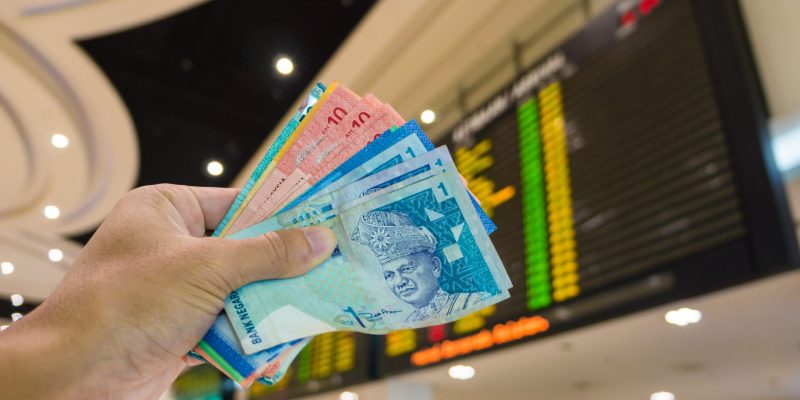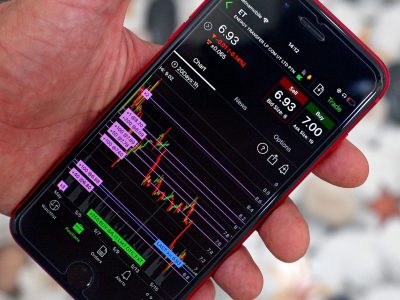
Malaysia’s stock market, once dismissed as one of the worst performers in Southeast Asia, is making a strong comeback.
Boosted by robust post-pandemic economic growth and significant foreign investment, particularly from US tech giants, the Bursa Malaysia’s benchmark index has surged by 17% over the past year.
This revival comes after years of stagnation, marked by political turmoil and the Covid-19 pandemic.
With 289,000 new trading accounts opened in the first seven months of 2024—nearly double the total for 2023—Malaysia’s market is positioning itself for sustained growth.
Surge in new trading accounts as investor confidence returns
Malaysia’s stock market, long undervalued and stagnant, is experiencing a dramatic resurgence.
According to the Bursa operator, 289,000 new trading accounts were opened in the first seven months of 2024, nearly twice as many as in the entire year of 2023.
This renewed investor confidence reflects the growing optimism around the country’s economic outlook, buoyed by Malaysia’s recovery and a surge in foreign direct investment (FDI).
US tech giants, including Nvidia, Google, and Microsoft, have announced billions of dollars in investments in Malaysia, further propelling market growth.
Foreign investments boost market recovery
Malaysia’s economy is attracting billions of dollars in foreign investment, particularly from tech companies looking to expand their cloud and AI capabilities.
In the first quarter of 2024, Malaysia recorded RM83.7 billion ($19.3 billion) in approved investments, a 13% increase from the previous year, with more than half coming from foreign sources.
The state of Johor, which borders Singapore, was named Southeast Asia’s fastest-growing market for data centres, according to a report by DC Byte in July 2024.
This influx of investment is transforming Malaysia into a growing hub for technology and innovation.
IPO activity surges on Bursa Malaysia
Initial public offerings (IPOs) on Bursa Malaysia have also surged. By the end of September 2024, the exchange had recorded 34 IPOs, compared to 31 in the whole of 2023.
The market debut of 99 Speed Mart, which raised RM2.36 billion ($542.8 million), was the country’s largest listing in seven years.
Deloitte noted that Malaysia’s IPO market led Southeast Asia in the first half of 2024, raising approximately $450 million.
This upward trend signals a significant recovery in market sentiment, with investors anticipating further growth in the months ahead.
Economic growth fuels market optimism
In August 2024, Malaysia’s central bank announced that the country’s GDP grew by 5.9% in the second quarter, the highest in Southeast Asia after Vietnam and the Philippines.
The strong economic performance has bolstered investor confidence in the stock market.
As a result, foreign investors bought a net total of RM1.50 billion ($34 million) in Malaysian stocks in the week ending August 30, the largest buying spree since March 2016, according to MIDF Research.
Analysts expect this positive trend to continue, supported by favourable macroeconomic factors.
Malaysia’s stock market capitalisation reaches RM2 trillion
In May 2024, Bursa Malaysia’s market capitalisation surpassed RM2 trillion ($460 million) for the first time in two years.
The Kuala Lumpur Composite Index (KLCI) breached the 1,600-point mark and has remained near that level since, underscoring the renewed optimism surrounding Malaysia’s market.
Financial experts attribute the market’s resurgence to stronger economic fundamentals, foreign investment inflows, and the recovery of corporate earnings.
Bursa Malaysia is now holding its own against larger regional peers, such as Singapore and Tokyo, and analysts predict further growth by year-end.
Political stability supports market performance
While Malaysia’s political landscape has historically been volatile, the current government, led by Prime Minister Anwar Ibrahim, has provided much-needed stability.
Despite a dip in Anwar’s approval rating since his election in November 2022, his government has maintained control and avoided the rapid turnover of leadership that plagued previous administrations.
This political stability has been a crucial factor in boosting investor confidence and ensuring the continued flow of foreign investments into the country.
Potential risks remain, including global economic headwinds and the potential for heightened market volatility.
The post Malaysian stocks soar as economic growth and US tech capital drive resurgence appeared first on Invezz









